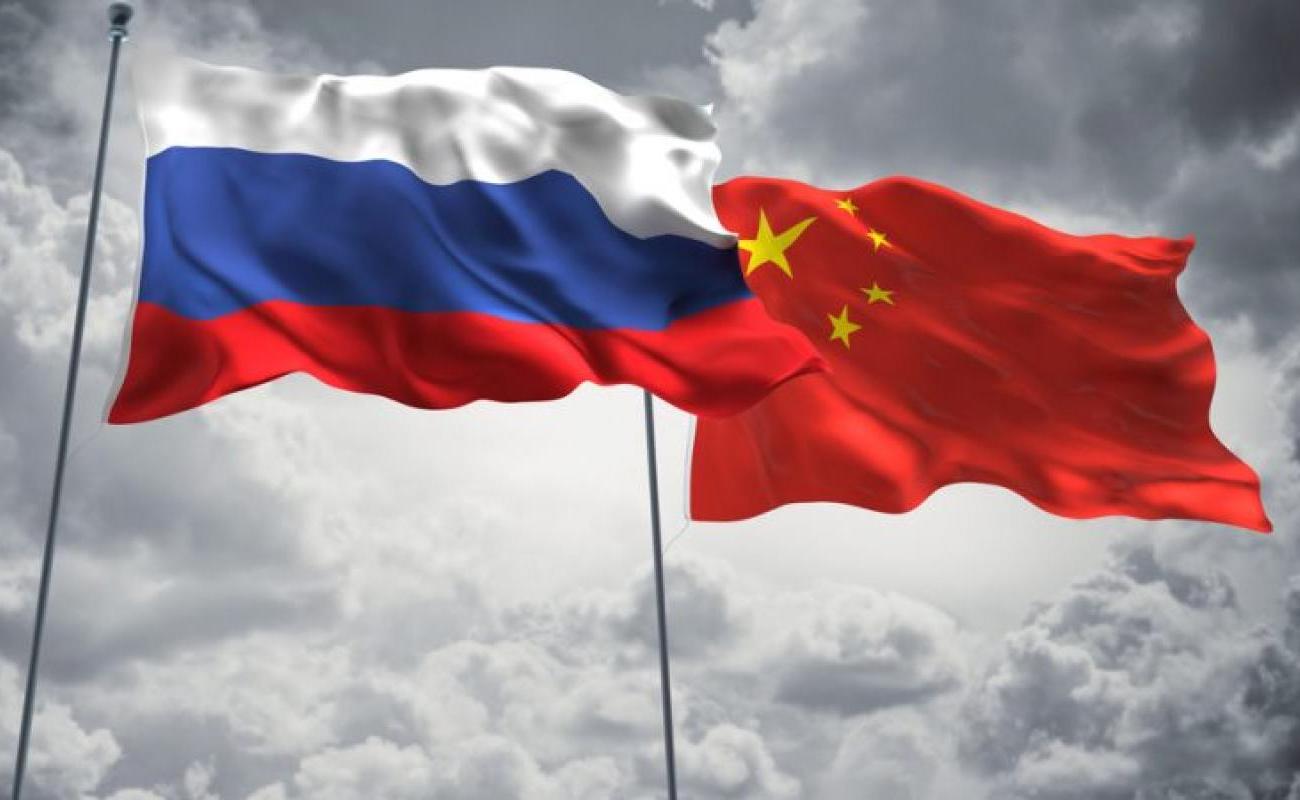Serbia, Hungary 'most vulnerable' to Russia and China

A new study by Globsec Policy Institute, a Bratislava-based think-thank focused on international politics and security issues shows that Serbia is the most susceptible to Russian and Chinese influence.
"The countries that we assessed are from central, eastern Europe and the western Balkans region. Out of these, the Czech Republic and Romania are the most resilient. The most vulnerable is Serbia", said Dominika Hajdu, the head of Globsec's Centre for Democracy & Resilience, and one of the authors of the study.
The index follows a two-year project backed by the US state department's Global Engagement Center, analysing vulnerable points, targeted by foreign influence, in eight countries: Bulgaria, Czech Republic, Hungary, Montenegro, Northern Macedonia, Romania, Serbia and Slovakia.
Serbia is the most vulnerable to Russian and Chinese influence, and receives 66 points out of a possible 100.
The second most vulnerable is Hungary with 43 points, and the third is Bulgaria with 36 points.
It is followed by Montenegro with 33, the Czech Republic with 28, Slovakia with 26, the Republic of Northern Macedonia with 25 and Romania, with 18, is the least subject to foreign influence.
In the Western Balkans region, Northern Macedonia is the most resilient to foreign influence. The pro-Western forces there are the biggest drivers of positive change and reform in the region, the index shows. However, Macedonian society is characterised by polarisation, and therefore remains vulnerable to external influence.
China has been repeatedly targeting the Western Balkans in a bid to increase its regional political clout. According to various specialists, China seek to increase its influence in states that do not yet enforce EU law.
Beijing is already trying to secure various resources in some existing EU member states.
China's recent actions, for example, include an interest in transforming the ports of Piraeus in Greece and Zadar in Croatia into hubs for China's trade with Europe.
To the same end, an agreement was signed to build a high-speed railway between Budapest and Belgrade, which would connect with the port of Piraeus, thus consolidating the access of Chinese products to Europe.
China's influence is a growing one, while Russia's is a more prevalent and better understood one in the wider region - whereas China is an enigma potentially able to disrupt the political and civic systems in the region, the study shows.
In the Western Balkans, for example, Russia is more interested in disrupting the EU-Nato integration process there.
"The most vulnerable countries are mostly those that have closer bilateral relations with Russia and have societies that are more pro-Russian and favourable to a pro-Russian narrative", Dominika Hajdu of Globsec believes.
Her reason for why Romania and Czech Republic are most resilient to Russian influence is the lack of pro-Russian sentiment and the absence of a pro-Slavic narrative.
For Hungary, despite not being part of the Slavic family of nations, politics play a role in opening up to Russia.
"After acceding to power in 2010, Fidesz turned towards eastern regimes in parallel with its increasingly conflictual relationship with western allies," the study says.
"Over the past 10 years, the ruling party's rhetoric on Russia and China has become more and more favourable, with its takeover of numerous media outlets seeing these messages disseminated to a wider range of voters. Fidesz backers are now the most pro-Russian electoral group in Hungary", the study shows.
The study also shows the Covid proved an opportunity for increasing influence.
"We could see during the Covid-19 pandemic that for example China was doing very well with its mask and vaccine diplomacy. They were sending their masks to central European countries with a pompous PR campaign around it. While Western countries are doing much more to help, there is simply a lack of communication and PR around it", Dominika Hajdu says.
The study points towards voids in communication and investment that are exploited by Russia and China. In order to counteract that, the EU needs to increase its presence there, it says.
